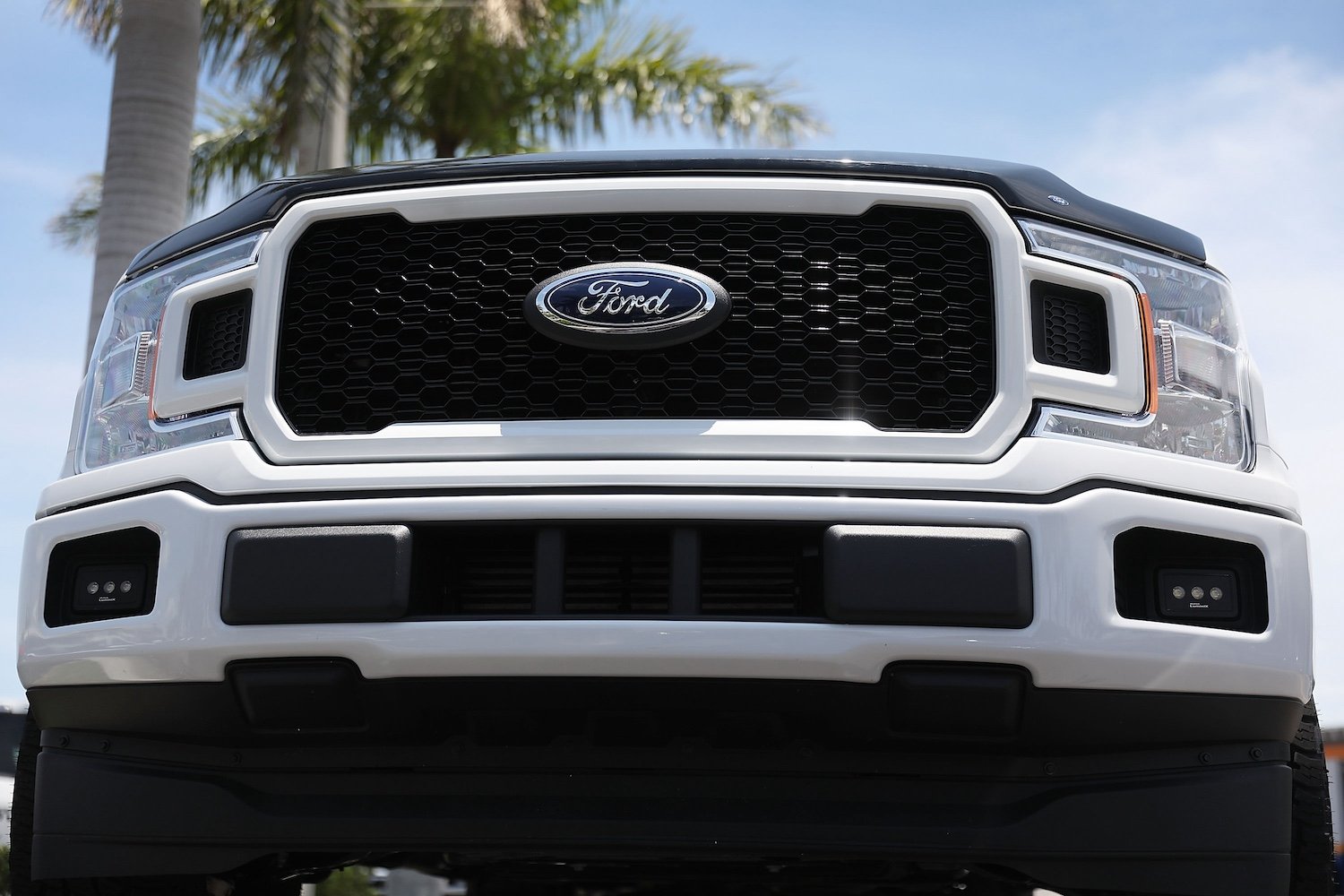On the surface, Ford’s latestannouncementis a fantastic deal for car buyers. The company is retiring its “employee pricing for all” campaign and rolling out an aggressive “Zero, Zero, Zero” summer sales event: zero down payment, zero percent interest for 48 months, and zero payments for the first 90 days.
It’s a tempting offer, but when you look closer at the economic landscape, it starts to look less like a confident summer promotion and more like a defensive maneuver against a gathering storm. The automaker’s new “zero down, zero interest” is a calculated response to economically stressed consumers and the looming expiration of the $7,500 EV tax credit.
Ford says it’s responding to customers who, squeezed by higher mortgage rates and travel costs, want to buy a new car without a hefty upfront payment. “Many families have seen their savings go toward higher mortgage rates and summer travel costs,” Rob Kaffl, who is director, U.S. sales and dealer relations said in ablog post.. “They want a new vehicle but also want options that allow them to forgo an upfront down payment.”
Data from theFederal Reserve Bank of New York’s latest Q1 2025 Household Debt and Credit report paints a stark picture. Total auto loan debt in the U.S. has swelled to $1.64 trillion. More importantly, the rate of serious delinquencies—loans 90 or more days past due—has climbed to 2.94%. While this figure has stabilized recently, it remains elevated, signaling that a significant number of Americans are struggling to make their car payments. For many, a down payment is no longer feasible, and with average new car loan rates still high, a zero percent interest offer is a massive financial relief.
The Great American EV Fire Sale Is About to Begin
Ford wants to lure cash-strapped buyers for gas-powered F-150s and Broncos. But there’s a second, more urgent deadline that may be fueling this fire sale: the EV tax cliff.
The hugely popular $7,500 federal tax credit for new electric vehicles is set to expire permanently on September 30. After that date, the single biggest government incentive for buying an EV vanishes overnight. This creates a massive sense of urgency for automakers like Ford to sell their current inventory of electric vehicles, like the Mustang Mach-E and F-150 Lightning, before they effectively become $7,500 more expensive to the consumer on October 1.
While Ford celebrated strong overall Q2 sales, a closer look at industry data reveals a telling weakness: sales of its fully electric models have been declining. The company’s growth is being propped up by gas and hybrid trucks, not the EVs that are about to lose their biggest selling point.
Latest Sales Data Reveal Clear Winners And Losers in a Messy EV Market
By extending its “Ford Power Promise” and rolling it into this new zero percent financing deal, Ford is essentially sounding an alarm bell. The company is telling potential EV buyers that this is their last, best chance to get a deal before the market fundamentally changes. It’s an aggressive attempt to clear out EV inventory and lock in sales from anxious consumers before a challenging economic climate and the end of government subsidies create a perfect storm for the auto industry.
Get the best tech, science, and culture news in your inbox daily.
News from the future, delivered to your present.
Please select your desired newsletters and submit your email to upgrade your inbox.
The truck that was supposed to revolutionize everything is flopping fast.
A surprising 6% drop in second-quarter sales signals a new era of challenges for the U.S. electric vehicle market, as high prices, charging anxiety, and shifting competition force a reality check on the green transition.
A massive recall for a faulty fuel pump affects over 850,000 popular vehicles, but Ford has no immediate fix and has ordered dealers to stop all sales.
Launching new cars no longer seems to amuse the world's richest man. For the good of the company he built, it’s time for him to hand over the keys and step aside as CEO.
Electric vehicle sales were all over the map in Q2. One automaker soared. The others? Not so much.
The EV giant is struggling with plunging sales and brand backlash, but India could be a path to redemption.



 Motivational
Motivational 22 Jul, 2025
22 Jul, 2025 Savannah Bennett
Savannah Bennett